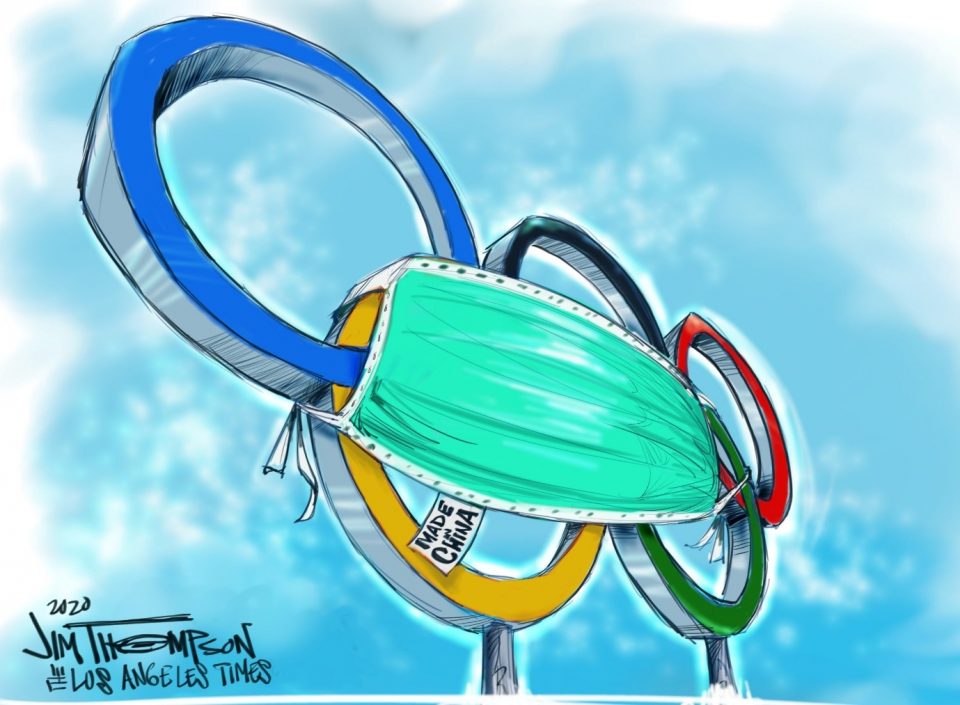From NBA Top Shot to
Until now, that is. Mexican football chiefs this week put the brakes on the plans of Club Necaxa to become the world’s first sports team to sell an ownership stake using blockchain technology.
Club Necaxa, whose shareholders include former Arsenal star
But the
“In accordance with our regulations, membership certificates may not be transferred or modified under any figure other than the express approval of the assembly of the MX Liga and confirmation of the executive committee and/or the general assembly of the Mexican Football Federation” the FMF said.
The FMF’s stance is a blow to serial sports investor
Tylis, who also owns stakes in
Where the FMF is concerned, Tylis can consider it job done.
Shop til you’re dropped at the
The subject of press conferences has overshadowed the tennis at the
Just 48 hours after Osaka’s shock withdrawal, former
On top of all that, one journalist raised eyebrows by admitting he was dialling in to Alexander Zverev’s post-match video press conference from a supermarket.
While Zverev saw the funny side,
After some profuse apologies from Pinfield, organisers relented and reinstated his credentials.
Football: coming home or going to the dogs?
With excitement building for Euro 2020 and flush from Chelsea’s
But there is bad news around the corner, according to a new survey by insolvency specialists
Its 2021 Football Distress Report found that almost half of the 72 clubs in the
Covid-related measures such as rights issues, loans and deferred payments have eased short-term fears but “created a deceptively rosy picture”, the report warns.
“Although these measures have been successful in securing the short-term survival of clubs and pushed the threat of administration further down the road, the cumulative effect is to build up a wall of debt that will have to be serviced and ultimately paid off,” said
“The escalating symptoms of early financial distress are a very real signal that for many clubs the full financial effects of Covid are yet to be fully felt.”
Olympic director’s cartoon side-hustle
While Covid forced athletes to put their
Former
The result is Toon In!, a coffee table book of more than 1,200 sketches that tell the story of the modern
It includes work by

Today
A Japanese reader contacted City A.M. and asked us to convey the fears of ordinary citizens in our coverage of the build-up to the Games.
Former
She adds: “Tokyo Olympic organizers are seeking at least 200 doctors and 500 nurses for the events. They also require quite a lot of hospital beds for the athletes, which means that Japanese patients who need intensive care won’t be able to have beds during the
“This summer’s
The post Week in Sportbiz: Mexican stand-off over Club Necaxa NFT; press conferences overshadow
© City AM, source


